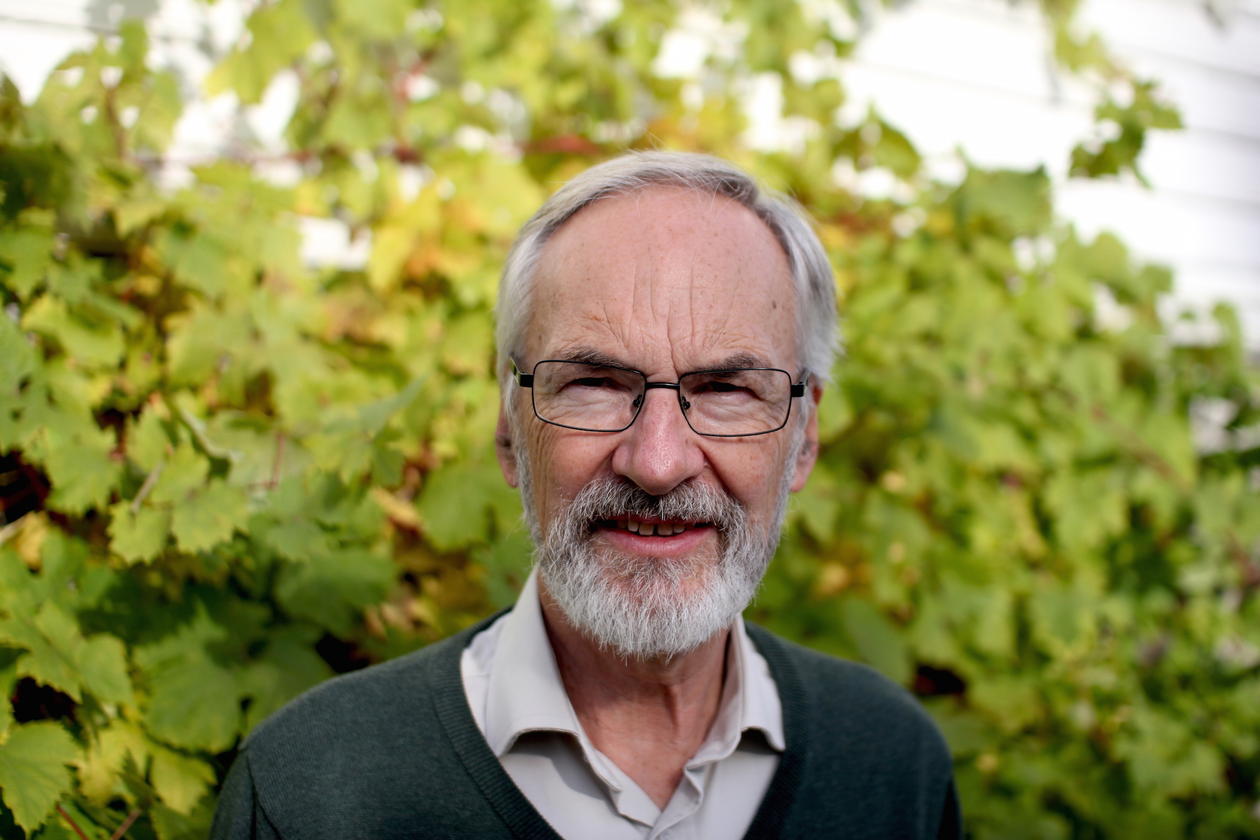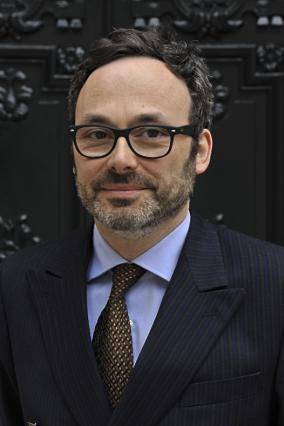PhD Workshop: The Literature, Literary Culture and Historiography of the Middle Ages
UiB and the Centre Universitaire de Norvège à Paris invite to an interdisciplinary, international PhD Workshop 4-7 November 2019.

Main content
The University of Bergen, the Bergen Medieval Research Cluster and the Norwegian University Centre in Paris are happy to welcome all PhD candidates to apply to an interdisciplinary PhD Workshop in Paris in 4-7 November 2019. The seminar will be held in English, and will feature a series of leading medieval scholars. The seminar will be led by UiB's professor Leidulf Melve and professor emeritus Sverre Bagge. Other lecturers/commentators include professors Ludger Körntgen from the Gutenberg Universität in Mainz, Marc Smith from the École Nationale des Chartes, Paul Bertrand from the Université Catholique de Louvain and Dr. Synnøve Midtbø Myking from UiB. The full programme will be published in due course.
In addition to the key note lectures from invited lecturers, the seminar will consist of presentations and discussions of the PhDs' papers. The aim of the seminar is to highlight the role of the Middle Ages in French and Norwegian historical traditions, the changing role, methods, purposes and uses of the humanities, potential problems in reception research and historiographical analysis. While we hope that the workshop will serve to inspire theoretical reflection and to heighten the awareness of the general aspects of the participants' own projects, the candidates’ papers should primarily be of specific (and specified) use in the PhD applicant’s own projects.
Call for Papers
The Middle Ages have been the object of enduring interest for scholars ever since the Middle Ages were constituted as an analytical framework by renaissance scholars and enlightenment philosophes. The ‘Medieval’ has for all successive generations been simultaneously a term of abuse, a label for primitivism and ridicule, for complexity and abstraction, a space for poetic and spiritual reflection, a caricature of depotism, barbarism and popular liberty, a source for political renewal and golden age-theories, as well as an object of study. The Middle Ages have been a movable feast – a label which has changed its meaning and been applied to different times, places, ideals and problems in posterity. To a wide range of disciplines, the evolving reception of the written texts of the Middle Ages gives a particularly poignant lens through which to view the development of national narratives, political theory and the humanities as academic disciplines.
The seminar will take place at the Centre Universitaire Norvègien de Paris, located close by the old university quarters in Paris at the Fondation Maison des Sciences de l'Homme. The following themes are example of the approaches that could be discussed at the seminar:
- The research history of medieval studies, in particular the Scandinavian and the French traditions.
- The development of a particular historical topic through the course of a literary tradition.
- The changing perceptions of the literary culture, production and contexts in the Middle Ages.
- The development of method(s) in scholarly writing about the Middle Ages.
- The relationship between history-writing and political theory, religious thought, philosophy, law or political rhetoric.
- The use of the Middle Ages in political theory, religious thought, philosophy, law or political rhetoric.
- The Middle Ages in national narratives, in particular the Scandinavian and the French traditions.
- Medievalism in music, literature, architecture, art or aesthetic theory.
- Comparative, methodological or critical perspectives on the given topics.
Apply to participate
Before the course starts, each participant will prepare a paper for pre-circulation. The paper will address your research project in relation to (a) course theme. A paper of no more than 15 pages must be submitted by 1 October. 30 minutes will be allotted to each presentation, followed by comments and a discussion of 15 minutes. The seminar will start with lunch Monday 4 November and end with lunch Thursday 7 November. Participation in the seminar will be accredited by 5 ECTS points. The course is capped at 14 PhD candidates.
We will be able to fund the housing and dining costs of the participants, but travel expenses have to be covered by the home universities. Please send us the preliminary title of your paper and a short abstract of no more than half a page your PhD project before 10 September, so that we can assess applications to join. We welcome candidates from all nationalities, backgrounds and relevant disciplines!

